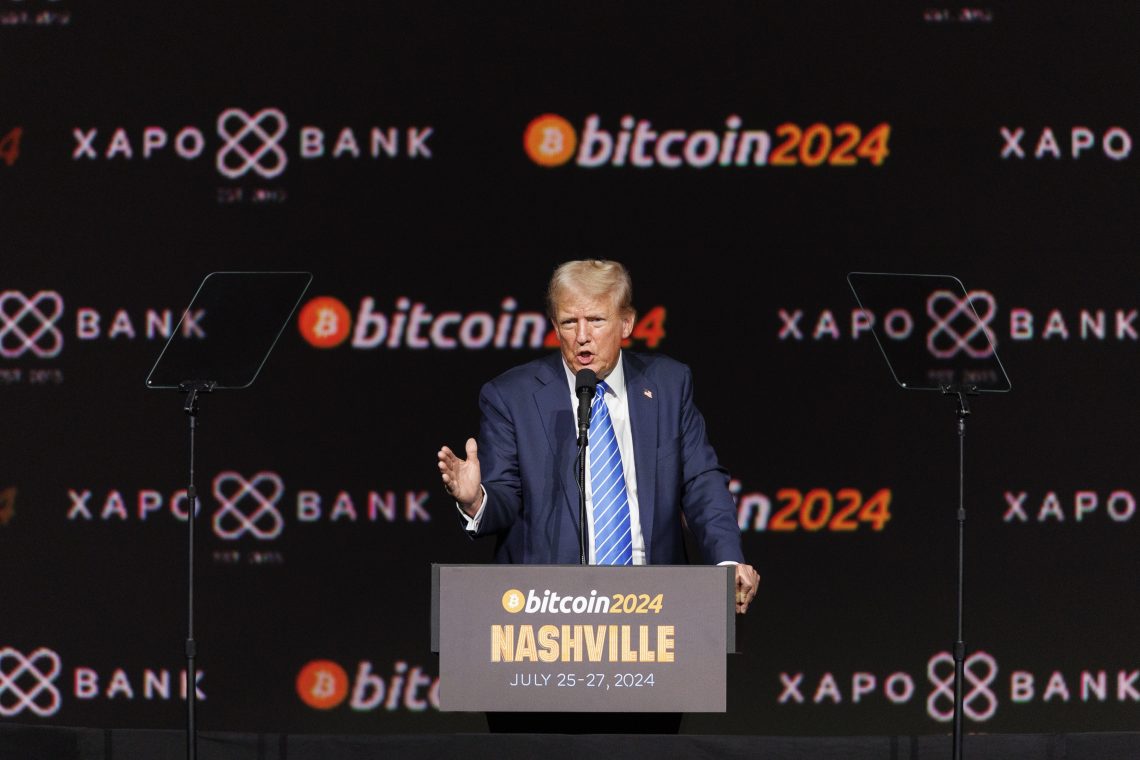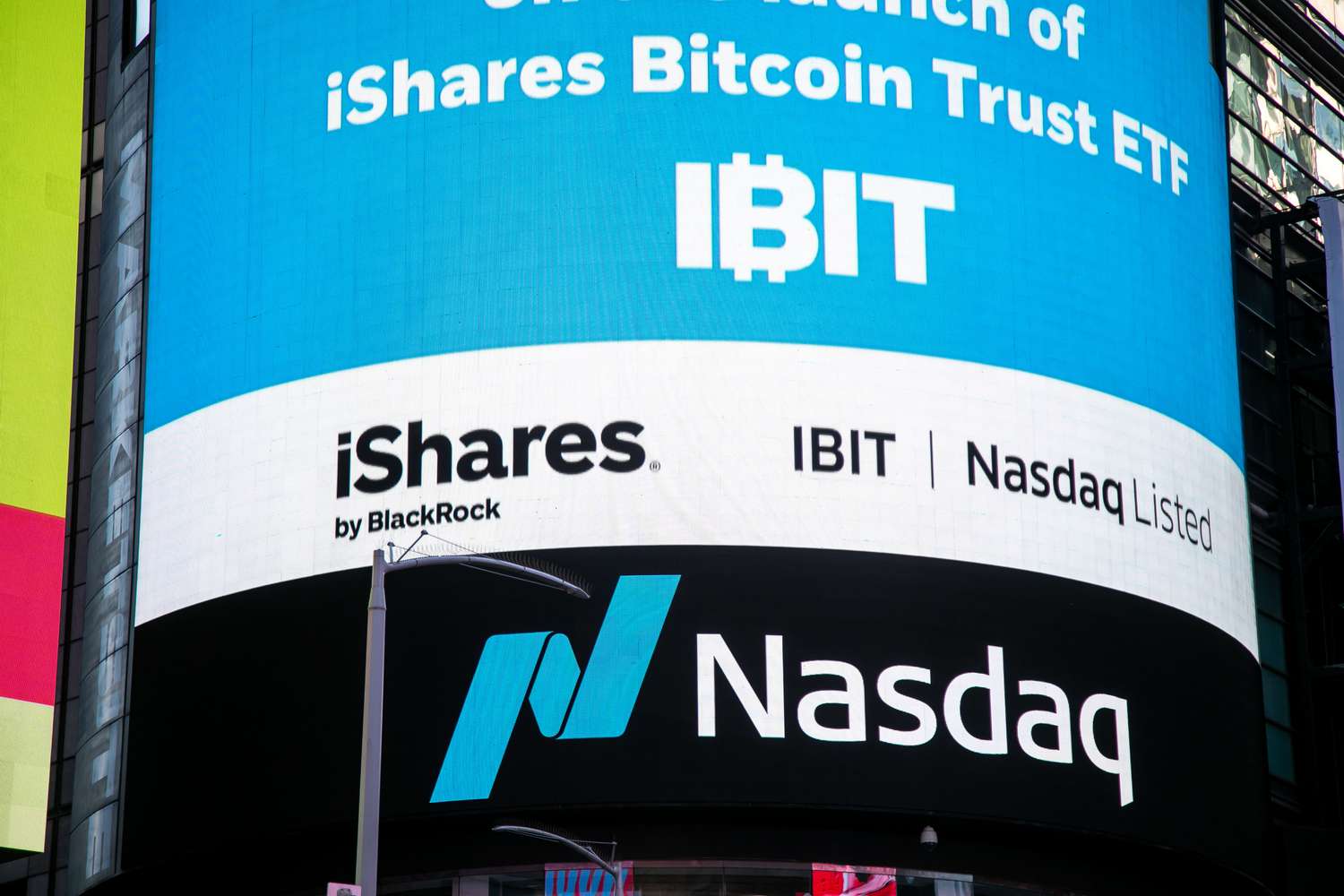
Over the past year, the relationship between major banks and cryptocurrency regulation has shifted dramatically. Once content to keep digital assets at arm’s length, leading financial institutions are now actively pushing back against what they call punitive crypto rules. Why? Because behind the headlines, there’s a strategic battle for who will control the future of buying cryptocurrency safely in the United States, and retail investors stand to benefit from a more inclusive and secure landscape if banks succeed.

Why Banks Are Challenging Crypto Regulation in 2025
The regulatory environment for crypto in 2025 is a complex web of federal rules and state-level laws. Historically, proposals like the Basel Committee’s June 2025 recommendation to assign a 1,250% risk weight to unhedged crypto holdings (such as Bitcoin) effectively sidelined banks from offering crypto services. This capital requirement made it almost impossible for even the largest institutions to justify involvement, forcing would-be crypto buyers toward less regulated platforms.
Banks argue that such measures are not only excessive but counterproductive. According to executives at JPMorgan Chase and Deutsche Bank, these rules do little to protect consumers and instead push activity into riskier corners of the market (cryptopotato.com). Their position is clear: a balanced regulatory approach would enable banks to offer safer, more transparent crypto services, bringing digital assets into the mainstream financial system where consumer protections are stronger.
How Regulatory Shifts Could Make Crypto Buying Safer
Recent developments suggest regulators are listening, at least in part. In January 2025, the U. S. Securities and Exchange Commission rescinded Staff Accounting Bulletin 121, which had forced banks to treat cryptocurrencies as liabilities on their balance sheets (cnbc.com). This change has already reduced some of the financial friction involved in offering crypto custody services.
Bank of America CEO Brian Moynihan summed up this new attitude: if regulations are clear and reasonable, traditional banks will treat cryptocurrencies as just another payment type, integrated alongside credit cards and ACH transfers (cointelegraph.com). For retail investors, this could mean buying cryptocurrency safely through familiar banking apps with robust security protocols and FDIC-style protections.
Key Benefits for Retail Investors if Major Banks Enter Crypto
-

Enhanced Safety and Consumer Protections: Major banks like JPMorgan Chase and Bank of America are subject to rigorous regulatory oversight and established security protocols, offering retail investors stronger safeguards against fraud and loss compared to many unregulated crypto platforms.
-

Easier Access and Familiar Platforms: Retail investors could buy, sell, and hold cryptocurrencies directly through their existing bank accounts and mobile apps, streamlining the process and reducing the need to use unfamiliar third-party exchanges.
-

FDIC-Insured Custody Solutions: If banks integrate crypto into their services, investors may benefit from FDIC-insured custody accounts for certain digital assets, providing an extra layer of protection not typically available on most crypto exchanges.
-

Improved Regulatory Clarity and Compliance: Banks’ involvement ensures that crypto transactions and holdings are subject to clear, established regulatory standards, reducing legal uncertainties and increasing investor confidence.
-

Integrated Financial Services: Investors could access crypto investment products, such as Bitcoin ETFs or crypto-linked savings accounts, alongside traditional offerings like stocks and bonds, enabling more holistic portfolio management.
-

Reduced Counterparty Risk: By transacting with well-capitalized, reputable banks, retail investors face lower risks of exchange insolvency or mismanagement, which have historically plagued some independent crypto platforms.
The Impact on Institutional Crypto Adoption, and What It Means for You
This pushback is about more than just regulatory red tape. It signals a turning point in institutional crypto adoption. If major U. S. banks can successfully advocate for pragmatic regulations, rather than blanket restrictions, they will be able to offer products that combine the innovative potential of digital assets with traditional finance’s compliance infrastructure.
The result? Retail investors could soon access Bitcoin or Ethereum through their existing bank accounts, enjoying lower risks related to fraud, hacking, or mismanagement. As regulatory frameworks evolve further under acts like GENIUS and ongoing SEC guidance, expect an expanding menu of options that prioritize transparency and consumer protection over speculation.
Yet, not everyone is convinced this shift will be entirely positive. Some consumer advocates warn that relaxing capital requirements and compliance obligations could expose the financial system to new forms of risk. Others argue that banks, once fully engaged, might crowd out smaller crypto-native firms and stifle innovation. These concerns are real, but they can be addressed through thoughtful oversight and clear delineation of responsibilities between banks and regulators.
What is clear is that the debate around crypto regulation 2025 is no longer theoretical. The decisions made in the coming months will determine whether retail investors gain access to safer, easier ways of buying cryptocurrency, or whether barriers persist, keeping digital assets siloed from the mainstream financial system.
How Retail Investors Can Prepare for a Bank-Integrated Crypto Future
If you’re considering adding digital assets to your portfolio, it’s wise to stay informed about regulatory developments and how they impact your options for buying cryptocurrency safely. Here are some practical steps you can take as institutional crypto adoption accelerates:
As more banks prepare to roll out crypto services, expect a wave of new products, ranging from direct Bitcoin purchases within mobile banking apps to tokenized savings accounts and insured digital wallets. The competitive landscape will likely change rapidly as both established banks and fintech startups race to offer the most user-friendly experience.
The Bottom Line: Regulatory Pushback Could Unlock Opportunity, If Managed Wisely
The push by major U. S. banks against overly restrictive crypto rules isn’t just about protecting their bottom line. It’s about shaping an environment where ordinary investors can participate in digital asset markets with confidence. If successful, this effort could mark a turning point, ushering in an era where buying cryptocurrency safely is as routine as making an online payment or transferring funds between accounts.
The next chapter in major banks’ crypto rules will be written by ongoing negotiations between regulators, lawmakers, industry groups, and consumer advocates. For now, retail investors should watch these developments closely, and be ready to seize new opportunities as they emerge.






